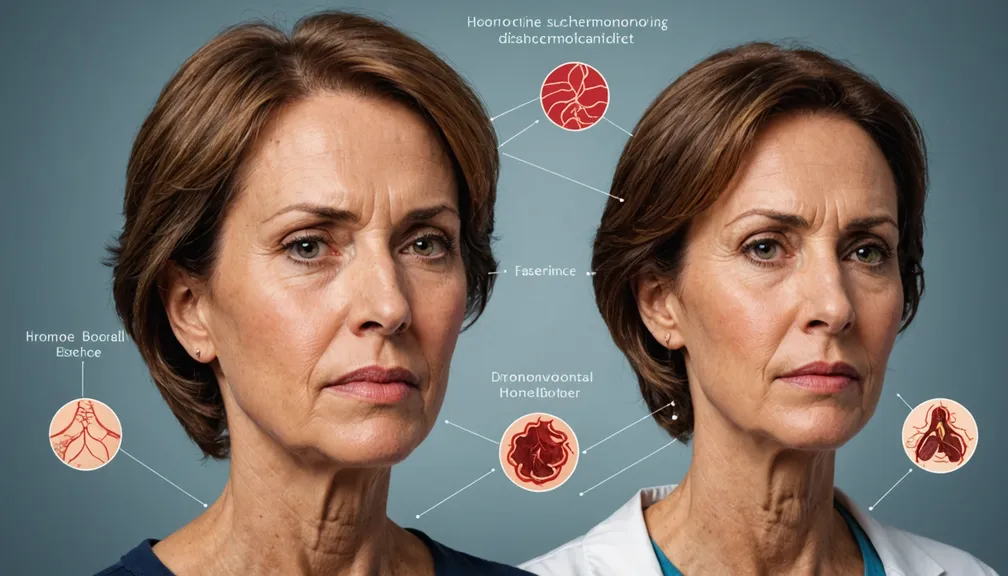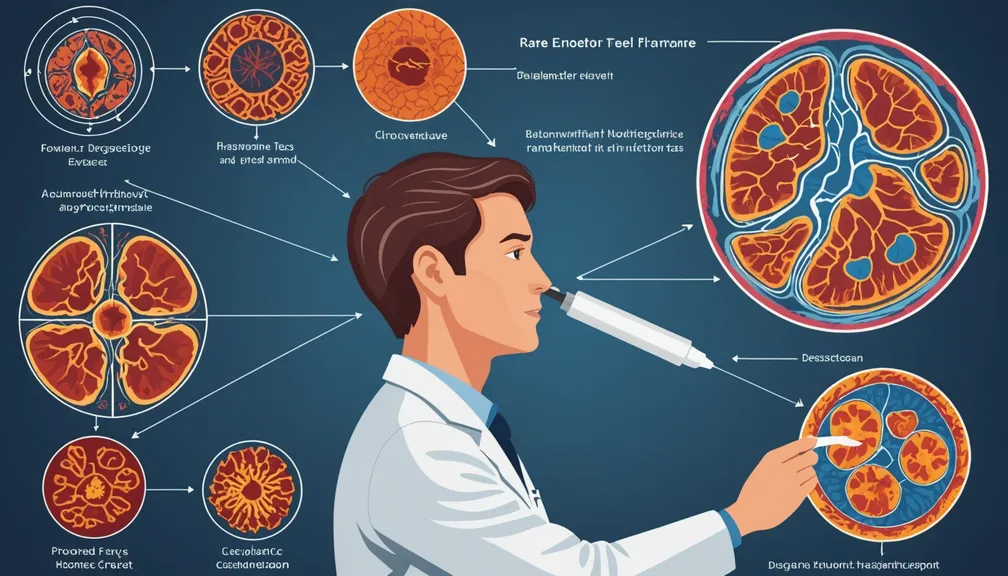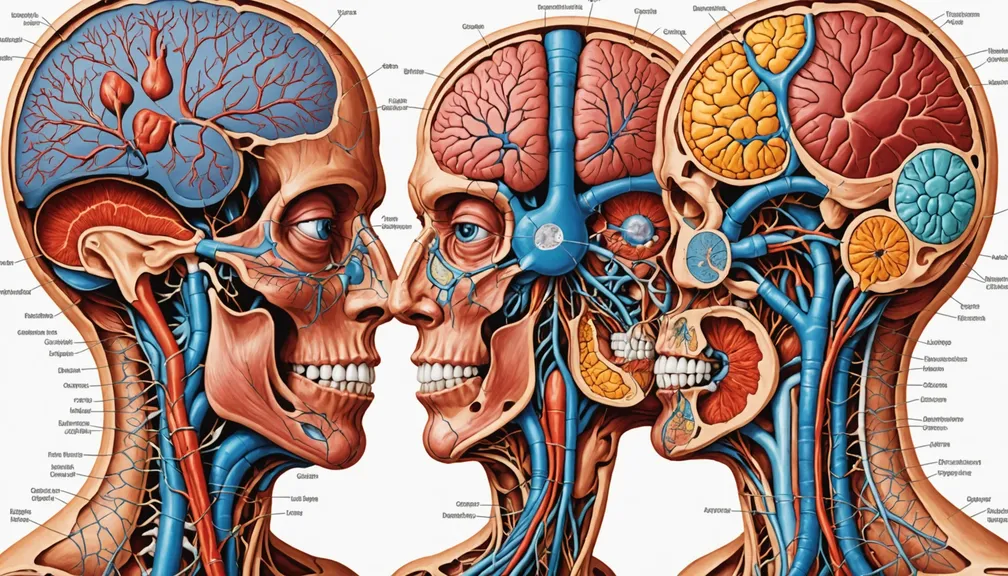Impact on Quality of Life: Addressing Emotional Well-being
Living with a rare endocrine disorder can significantly affect your emotional well-being. Understanding and addressing these emotional challenges is crucial for maintaining a good quality of life. This lesson will help you recognize common emotional struggles and provide strategies to support your mental health.
Understanding Emotional Well-being
Emotional well-being encompasses how you feel about yourself and your ability to cope with life’s challenges. For individuals with rare endocrine disorders, hormonal imbalances can impact mood, energy levels, and overall mental health.
Emotional Challenges Faced by Patients
Living with a rare endocrine disorder can bring about various emotional challenges, including:
- Anxiety and Uncertainty
- Fear of the Unknown: Concerns about disease progression and future health can create constant worry.
-
Managing Symptoms: Unpredictable symptoms may lead to heightened anxiety about daily activities and long-term plans.
-
Depression
- Chronic Stress: Ongoing health issues can lead to feelings of hopelessness and sadness.
-
Isolation: Limited social interactions due to illness can contribute to depressive feelings.
-
Stress from Managing the Disease
- Treatment Regimens: Adhering to complex treatment plans can be overwhelming and stressful.
-
Frequent Medical Visits: Regular appointments and medical tests can disrupt daily life and add to stress levels.
-
Impact on Relationships
- Family Dynamics: The illness can strain relationships with family members who may feel helpless or frustrated.
- Social Life: Navigating social situations while managing symptoms can lead to feelings of isolation or misunderstandings.
Coping Strategies
Addressing emotional well-being involves proactive strategies to manage stress and maintain a positive outlook.
- Building a Support System
- Family and Friends: Lean on loved ones for emotional support and understanding.
-
Support Groups: Join groups with others facing similar challenges to share experiences and advice.
-
Mindfulness and Stress-Reduction Techniques
- Meditation: Practice mindfulness meditation to stay present and reduce anxiety.
-
Deep Breathing Exercises: Use deep breathing techniques to calm the mind during stressful moments.
-
Maintaining a Healthy Lifestyle
- Balanced Diet: Proper nutrition can positively impact your mood and energy levels.
-
Regular Exercise: Engage in physical activities that you enjoy to boost endorphins and reduce stress.
-
Seeking Professional Help
- Therapy: Work with a mental health professional to develop coping strategies tailored to your needs.
- Medication: In some cases, medication may be necessary to manage depression or anxiety.
Communication and Advocacy
Effective communication and advocacy play vital roles in managing emotional well-being.
- Communicating with Healthcare Providers
- Open Dialogue: Share your emotional concerns with your medical team to receive comprehensive care.
-
Ask Questions: Don’t hesitate to ask questions about how your condition affects your mental health.
-
Educating Loved Ones
- Informative Conversations: Help family and friends understand your condition and its emotional impact.
-
Setting Boundaries: Clearly communicate your needs and limits to those around you.
-
Advocacy and Support Groups
- Patient Advocacy: Get involved in advocacy efforts to raise awareness about rare endocrine disorders.
- Support Networks: Connect with organizations that offer resources and support for patients and families.
Professional Support and Resources
Several healthcare professionals can assist in managing the emotional aspects of rare endocrine disorders:
- Endocrinologists
- Role: Specialists who manage hormone-related conditions and monitor physical health.
-
Contribution: Provide medical treatments that can alleviate some emotional stress by managing physical symptoms.
-
Primary Care Physicians
- Role: Serve as the first point of contact for overall health management.
-
Contribution: Coordinate care among specialists and address general health concerns.
-
Mental Health Professionals
- Psychologists and Therapists: Offer counseling and therapeutic strategies to manage emotional challenges.
-
Psychiatrists: Can prescribe and manage medications for mental health conditions if needed.
-
Social Workers
- Role: Assist with navigating healthcare systems and accessing resources.
-
Contribution: Provide support for practical issues that may affect emotional well-being, such as financial guidance or connecting with community services.
-
Support Group Leaders
- Role: Facilitate group meetings and provide a safe space for sharing experiences.
- Contribution: Help patients and their families feel less isolated by connecting them with others facing similar situations.
Addressing emotional well-being is an essential component of managing a rare endocrine disorder. By recognizing emotional challenges and utilizing available resources and strategies, you can improve your quality of life and maintain a positive outlook despite the complexities of your condition.






